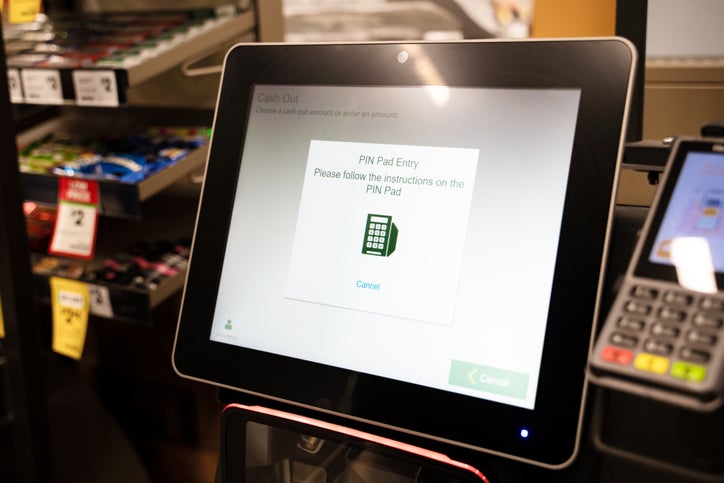
Machine learning is a nifty branch of artificial intelligence (AI) that uses algorithms to make predictions. In essence, it’s giving computers the power to learn by themselves without any human interaction.
While this may initially draw thoughts to out-of-control sentient robots in sci-fi films, you’ve probably been using the technology every day. From what appears at the top of your social media feed, to the life-saving (or life-ruining) predictive text system in your mobile phone or even the sci-fi flicks that Netflix recommends you after finishing Blade Runner 2049, machine learning has been integrated into mainstream technology for decades. It’s now even being used to treat cancer patients and help doctors predict the outcome of treatments.
Why and how is machine learning used?
The sole way of programming computers, before AI, would be to create a specific and detailed set of instructions for them to follow. This is a time-consuming task completed by one person or whole teams of people – but sometimes, it’s just not possible at all.
For example, you could quite easily get a computer to create an artistic replica of your favourite family photo by giving it a precise set of instructions. But it would be extremely difficult to tell a computer how to recognise and identify different people within that photo. This is where machine learning comes into play, programming the computer to learn through experience much like humans would, which is what artificial intelligence is all about.
Why is machine learning so important for business?
Most businesses handling large amounts of data have discovered the advantages of using machine learning technology. It’s fast becoming an essential for organisations wanting to be at the cutting edge of societal predications or companies looking to beat their competitors to the latest trends and profitable opportunities.
Transport, retail, governments, healthcare, financial services and other sectors are all utilising the technology to gain valuable insights that may not have been attainable through manual action.
How well do you really know your competitors?
Access the most comprehensive Company Profiles on the market, powered by GlobalData. Save hours of research. Gain competitive edge.

Thank you!
Your download email will arrive shortly
Not ready to buy yet? Download a free sample
We are confident about the unique quality of our Company Profiles. However, we want you to make the most beneficial decision for your business, so we offer a free sample that you can download by submitting the below form
By GlobalDataThe most common and recognisable use of machine learning for businesses are chatbots. Companies have been able to implement this technology to deal with customer queries around the clock without increasing their headcount. Facebook Messenger is a popular platform which allows businesses to easily program a chatbot to perform tasks, understand questions and guide customers through to where they need to go.
Online retail businesses like Amazon, ASOS and eBay use machine learning to recommend their customers products they think they’ll be interested in. This is a division of the technology called customer behaviour modelling. Using collected data on their customer’s habits, companies are able to categorise what users with similar browsing behaviours might want to see.
This trend is set to carry on growing. Data from GlobalData shows the proportion of technology and communications companies hiring for AI related positions in May was up 58.9% from those hiring last year, while recent research from Helomics predicts the global AI market hitting a whopping $20bn by 2025.
GlobalData is the parent company of Verdict and its sister publications.







